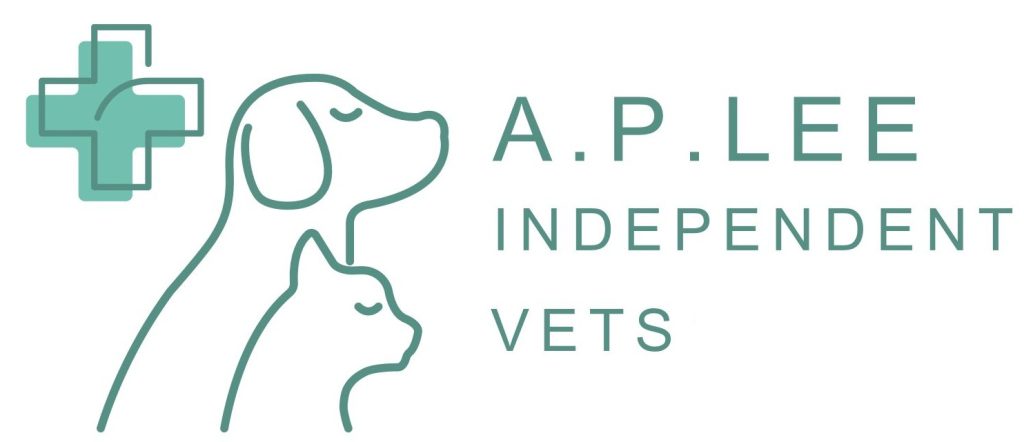Frequently Asked Questions
Should I get my pet insured?
Insurance plays an increasingly important part of veterinary care. No matter what the age of your animal, insurance can be vital. There are many policies available and one should consider carefully before choosing a policy.
Things to consider are:
• Is the insurance company reputable?
• What is the excess?
• Does it cover an illness for the lifetime of the animal or cease after one year?
• Is the policy for life?
• How much will they pay out for each illness? Will they cover for more than one illness at a time?
• Does the premium/excess increase each year or each time you make a claim?
• Will the company insure in old age?
• Will the company cover dietary foods, dentals, behavioural problems etc.
Our recommendations – Look for a life time policy which provides an allowance of £5000-7000 per year.
Do we make home visits?
Home visits to companion animals can be arranged if required. Advance notice is necessary to enable planning of the day.
Do we accept visitors?
We are able to treat animals that are unfortunate enough to fall ill on holiday. If you have your normal vets details available this is advantageous as it enables us to contact them for any previous history we may require before treatment is commenced.
How can I pay?
We accept:
• Cash
• Most Credit/Debit Cards (not American express)
• BACS payments
Payment is expected at time of consultation. Should an invoice be sent, there may be an additional administration charge.
What does microchipping entail?
Microchipping is a legal requirements and involves implanting an electronic chip about the size of a grain of rice under the skin of the animal. This contains a unique code which is registered to your address. Should your pet go missing it can be scanned and returned to you.
Most animals can be chipped should you request it.
All animals applying for an Animal Health Certificate need to be microchipped.
Should I get my animal Neutered?
There are many things to consider when thinking of neutering our canine friends.
Age:
• Dogs – If planning to castrate your dog it is recommended that they are at least 1 year old before doing the procedure. This allows your dog to develop fully.
• Bitches – It is recommended to spay your dog approximately 3-months after the first season. This reduces the risk of mammary tumour development (a risk that increases with each season).
Behaviour:
• Behaviour is a big consideration when neutering our dogs. Careful consideration needs to be made if neutering your dog to change certain behaviours, e.g. aggression or anxiety. If these signs are caused due to sex hormones, the signs will reduce. However, if these signs are due to genuine anxiety/aggression, then neutering can make these behaviours worse.
• This topic is worth discussing with our team when considering neutering, as there are other options that could be considered, e.g. behaviour training, or medications that provide temporary infertility for male dogs.
Disease prevention:
• Dogs – Neutering can prevent testicular tumours and reduce the risk of prostatic disease.
• If a dog retained testicles, there is an increased risk of this turning cancerous, so it is recommended to castrate in these cases.
• Bitches – Neutering can prevent uterine cancers, uterine infections (pyometras) which can be life threatening, and reduce the risk of mammary tumours.
Things to consider when neutering cats:
• It is recommended to neuter cats once they are at least 2kg in weight. This is usually between 4-6 months of age.
• Neutering cats is recommended to prevent unwanted matings, especially with outdoor cats.
• It is also recommended to reduce the risk of similar diseases as seen in dogs, especially mammary cancers.
If you are bringing your animal in for neutering it must be starved from 8pm the night before. The animal can have access to water throughout the night. For further pre-op instructions and to book an elective surgery please call 01524 735 249.
Detailed post-operative instructions will be given at the time of collection.
